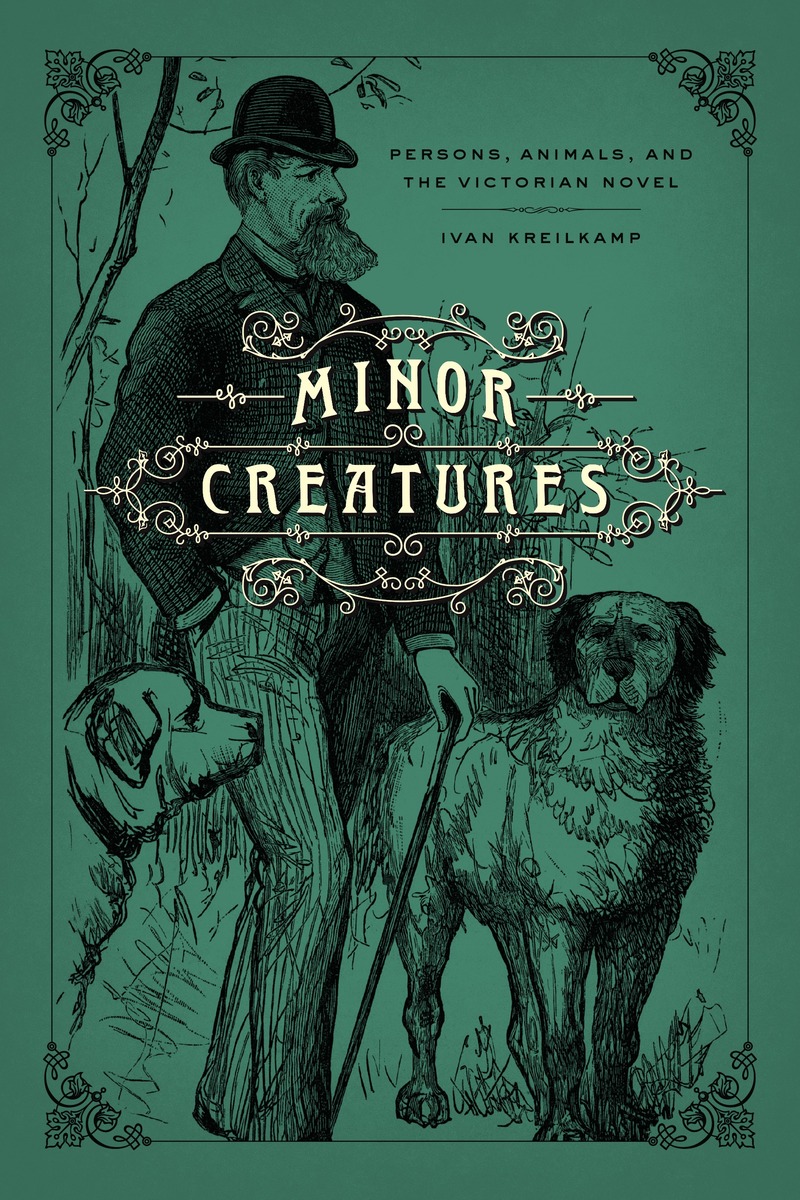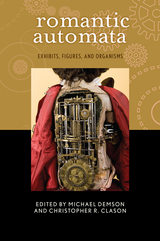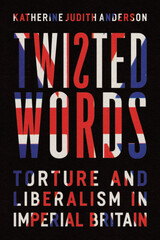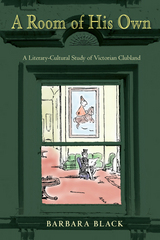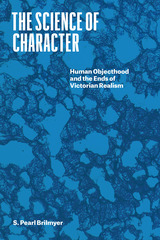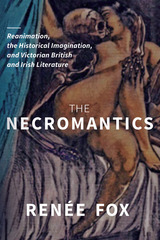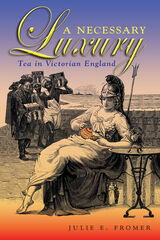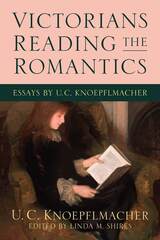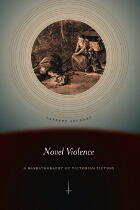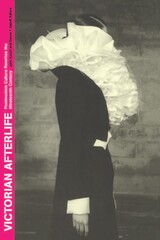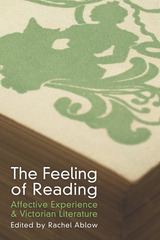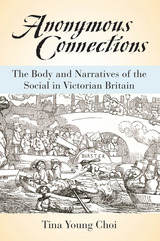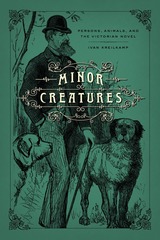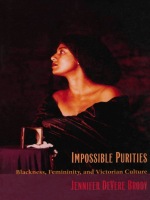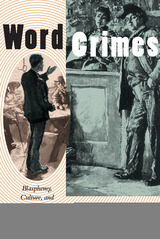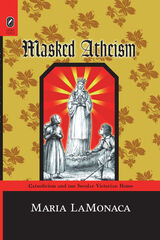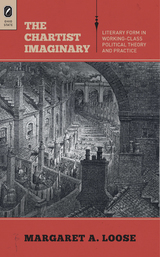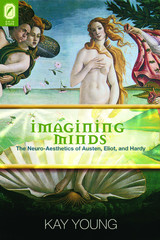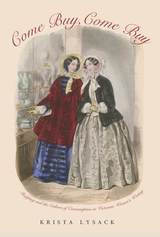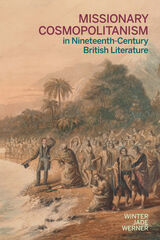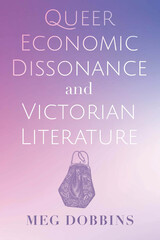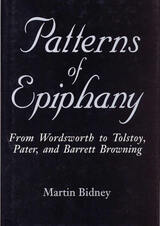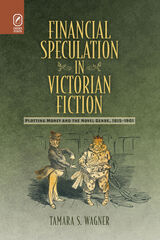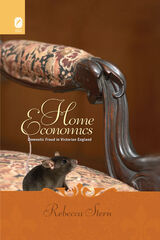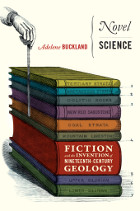“In lucid prose, via a series of always compelling and often luminous readings, Kreilkamp demonstrates the indispensability of animals to the work of Victorian realist fiction.”
— Cannon Schmitt, University of Toronto
“We all know the Victorians invented a characteristic idea of domesticity along with a characteristic form of fiction. What none of us knew, until Kreilkamp’s elegant interpretations of writers ranging from Darwin to Carroll to Hardy, is how entangled the realist novel was with something more specific: the domestication of nonhuman animals. Showing surprisingly but irrefutably that Victorian narrative structures both respond to and forge a new understanding of what humans do with, for, and to other species—whether bred, beaten, eaten, pitied, identified with, or cared for—Minor Creatures models a new method for understanding the relation between culture and literary form.”
— Leah Price, Harvard University
“Minor Creatures asks how and why precarious, provisional beings without human speech, accessible subjectivity, or legal rights had such paradoxically generative effects on the realistic novel. In this richly theorized, deeply compassionate exploration of Victorian ‘semihuman’ ‘semicharacters,’ Kreilkamp makes it impossible to ignore that ‘beating of a squirrel’s heart’ that marginally, consistently, and productively threatened the anthropocentric obliviousness of Victorian fiction and its readers.”
— Teresa Mangum, University of Iowa
“In this careful and compassionate book, Kreilkamp shows what’s been hiding in plain sight all along: the central and, indeed, the structuring role that domesticated animals play in Victorian narrative realism. Minor Creatures explores a complex and pervasive ecosystem that supports birds, cats, dogs, and literary characters in equal measure. Thanks to its conceptual rigor, historical detail, and critical acuity, Kreilkamp reveals the humble household pet as an unexpected best friend to the literary logics on which the realist novel fundamentally depends.”
— Kent Puckett, University of California, Berkeley
“A wide-ranging reassessment of Victorian animals as humans began to radically change how they viewed them.”
— Los Angeles Review of Books
“Kreilkamp has emerged as a major scholar of animals in Victorian literature and culture. . . . Kreilkamp’s analyses can be challenging, but the clarity of his prose makes the book accessible to less experienced readers. This book will not be the last study of Victorian literature and animals, but it represents a major contribution to both animal and Victorian literary studies.”
— Choice
"Kreilkamp’s wonderful Minor Creatures offers a richly textured account of literary animals that marries historical and biographical detail with theoretically nuanced analysis to bring us up-to-date with animal studies. . . His]approach allows him to shed a truly original light on a well-worn image, presenting it as highly representative of the role animal lives and bodies play in Victorian fiction."
— Nineteenth Century Literature
"An important book that undertakes the much-needed work of reorienting our understanding of Victorian realism towards its dependence on nonhuman life. It makes a persuasive and original argument for understanding animal ownership, domesticity, and the novel as inextricably intertwined cultural forms in nineteenth-century Britain, and as such will be of vital interest not only to those who work in animal studies, but also to scholars of novel theory and Victorian literature and culture."
— Studies in the Novel
“What makes Minor Creatures such an important volume is, firstly, the depth, subtlety, and more-than-human ethical commitment of Kreilkamp’s textual analysis and, secondly, the extent of his discussion of Derrida’s late work on animals. While Derrida’s cat has become an obligatory, even tiresome, presence in literary discussions of animal representation, Kreilkamp pushes far more deeply into Derrida’s thinking…to deploy a more surprising array of deconstructionist insights. Minor Creatures is a brilliantly compelling study that should become essential reading in advanced courses on Victorian fiction.”
— Victorian Studies
"Kreilkamp's most significant intervention is the way in which he broadens traditionally anthropocentric frameworks for understanding character space and protagonicity."
— Victoriographies
"Minor Creatures shows how the increasing presence of animals in the home during the nineteenth century, predominantly as pets, is legible also in the period’s domestic fiction. Illuminating a corresponding rise in the quantity and complexity of animal representations in the novels of the Brontës, Dickens, Eliot, Hardy, Conan Doyle, and Olive Schreiner, he traces how the moral principles of Victorian domesticity were challenged, extended, and delineated by this new presence."
— Dickens Quarterly
